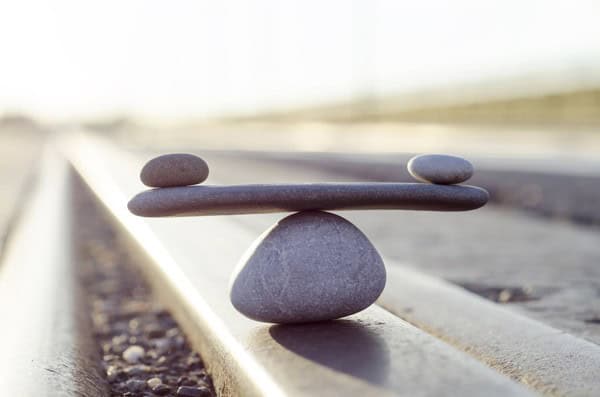The After Party: Building a New Life in Recovery, Part II
Finding Balance in Recovery
Day-to-day balance is an important element in relapse prevention. Too much stress, too little downtime, or too much downtime and not enough activity are just two examples of an unbalanced lifestyle that could encourage addictive behavior.
For those of you not quite sure how to achieve daily balance, Dr. Tom Horvath suggests keeping a daily and weekly schedule. By scheduling adequate time for the categories of lifestyle balance listed below, you greatly increase the chances of feeling satisfied with your life. With a healthy balance of long-term and momentary satisfactions, you’ll be likely to find joy and fulfillment in life without substances and addictive behaviors.
Consider the following categories:
- Work/relaxation
- Activity/contemplation (self-assessment)
- Duties/fun
- Long term projects/momentary pleasure
- Alone time/social time
- Routine chores/new projects
- “Shoulds”/”wants”
- Making money/spending money
- Spiritual time/secular time
- Giving/receiving
- Physical closeness/physical space
- Exercise/rest
- Personal maintenance/productivity
- Going fast/going slow
- Learning from others/learning independently
In early recovery, much of your time may be devoted to thinking about overcoming addiction (reading books, attending treatment sessions or support groups, monitoring behaviors, developing coping skills, etc.). With persistence, you will eventually overcome your addiction, and your time will become available for new projects and satisfactions. Just remember to maintain a healthy balance with whatever you decide to do!
Need a little help finding balance in your recovery? Our relapse prevention specialist can help! Call us today! 800-977-6110

